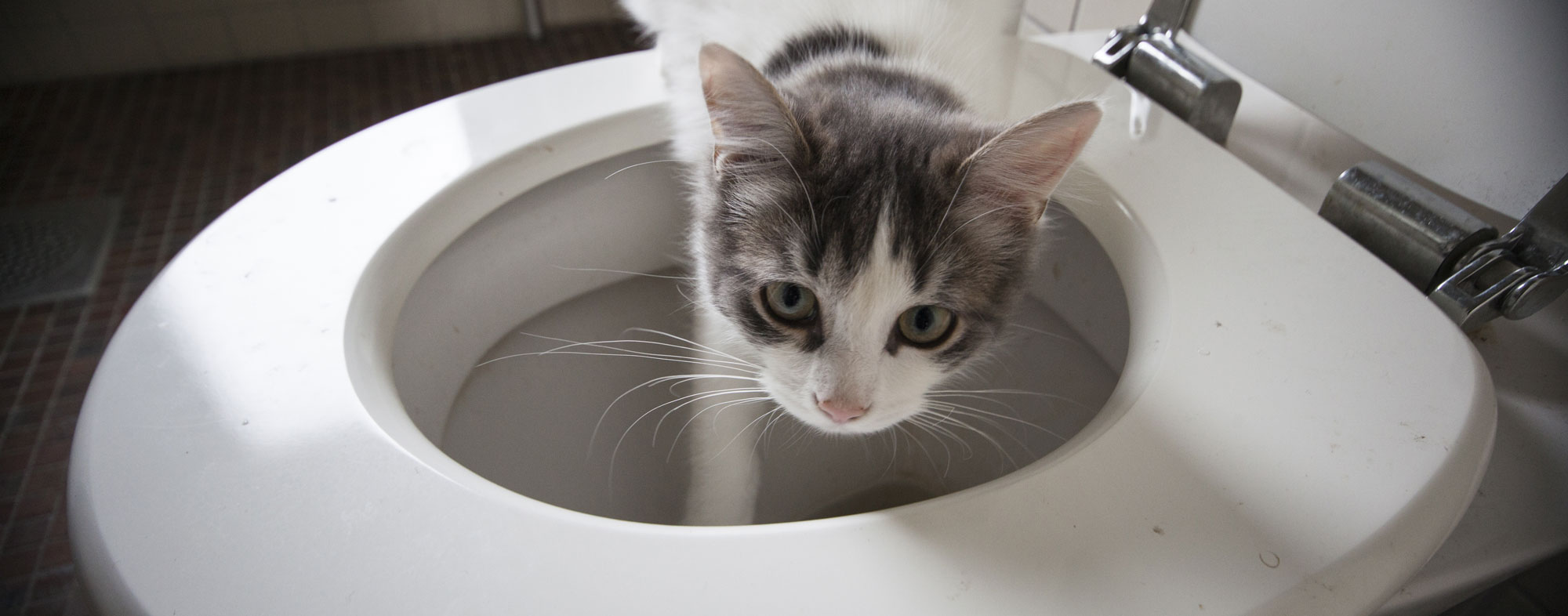Dangers of Flushing Cat Poop Down Your Toilet - Prevent Potential Problems
Dangers of Flushing Cat Poop Down Your Toilet - Prevent Potential Problems
Blog Article
The article following next in relation to How to Dispose of Cat Poop and Litter Without Plastic Bags is absolutely attention-grabbing. Don't skip it.

Introduction
As feline owners, it's vital to bear in mind just how we get rid of our feline close friends' waste. While it might appear hassle-free to purge pet cat poop down the commode, this method can have damaging repercussions for both the atmosphere and human health and wellness.
Alternatives to Flushing
Thankfully, there are safer and more liable methods to get rid of cat poop. Consider the adhering to options:
1. Scoop and Dispose in Trash
One of the most typical technique of dealing with pet cat poop is to scoop it right into an eco-friendly bag and toss it in the garbage. Make certain to make use of a devoted trash scoop and throw away the waste immediately.
2. Use Biodegradable Litter
Opt for eco-friendly feline litter made from materials such as corn or wheat. These litters are environmentally friendly and can be securely gotten rid of in the garbage.
3. Hide in the Yard
If you have a backyard, consider burying cat waste in an assigned area away from vegetable gardens and water sources. Make sure to dig deep sufficient to avoid contamination of groundwater.
4. Set Up a Pet Waste Disposal System
Invest in an animal waste disposal system specifically designed for pet cat waste. These systems make use of enzymes to break down the waste, minimizing odor and environmental influence.
Health and wellness Risks
In addition to environmental problems, flushing cat waste can additionally position health threats to humans. Pet cat feces may contain Toxoplasma gondii, a bloodsucker that can cause toxoplasmosis-- a possibly extreme health problem, particularly for expecting females and individuals with damaged body immune systems.
Ecological Impact
Purging pet cat poop presents hazardous pathogens and parasites into the supply of water, positioning a considerable danger to water environments. These pollutants can negatively impact marine life and concession water top quality.
Final thought
Accountable animal ownership expands past providing food and shelter-- it also entails appropriate waste monitoring. By avoiding purging cat poop down the toilet and choosing alternative disposal approaches, we can lessen our environmental impact and protect human health and wellness.
Why You Should Never Flush Cat Poop Down the Toilet
A rose by any other name might smell as sweet, but not all poop is created equal. Toilets, and our sewage systems, are designed for human excrement, not animal waste. It might seem like it couldn’t hurt to toss cat feces into the loo, but it’s not a good idea to flush cat poop in the toilet.
First and foremost, assuming your cat uses a litter box, any waste is going to have litter on it. And even the smallest amount of litter can wreak havoc on plumbing.
Over time, small amounts build up, filling up your septic system. Most litter sold today is clumping; it is made from a type of clay that hardens when it gets wet. Ever tried to scrape old clumps from the bottom of a litter box? You know just how cement-hard it can get!
Now imagine just a small clump of that stuck in your pipes. A simple de-clogger like Drano isn’t going to cut it. And that means it’s going to cost you big time to fix it.
Parasitic Contamination
Believe it or not, your healthy kitty may be harboring a nasty parasite. Only cats excrete Toxoplasma in their feces. Yet it rarely causes serious health issues in the cats that are infected. Most people will be fine too if infected. Only pregnant women and people with compromised immune systems are at risk. (If you’ve ever heard how women who are expecting are excused from litter cleaning duty, Toxoplasma is why.)
But other animals may have a problem if infected with the parasite. And human water treatment systems aren’t designed to handle it. As a result, the systems don’t remove the parasite before discharging wastewater into local waterways. Fish, shellfish, and other marine life — otters in particular — are susceptible to toxoplasma. If exposed, most will end up with brain damage and many will die.
Depending on the species of fish, they may end up on someone’s fish hook and, ultimately on someone’s dinner plate. If that someone has a chronic illness, they’re at risk.
Skip the Toilet Training
We know there are folks out there who like to toilet train their cats. And we give them props, it takes a lot of work. But thanks to the toxoplasma, it’s not a good idea.

We hope you enjoyed reading our topic on Can You Flush Cat Poo or Litter Down the Toilet?. Thanks a ton for taking the time to browse our content. Sharing is good. Helping people is fun. Thanks a bunch for your time. Kindly come by our blog back soon.
Contact Us Report this page